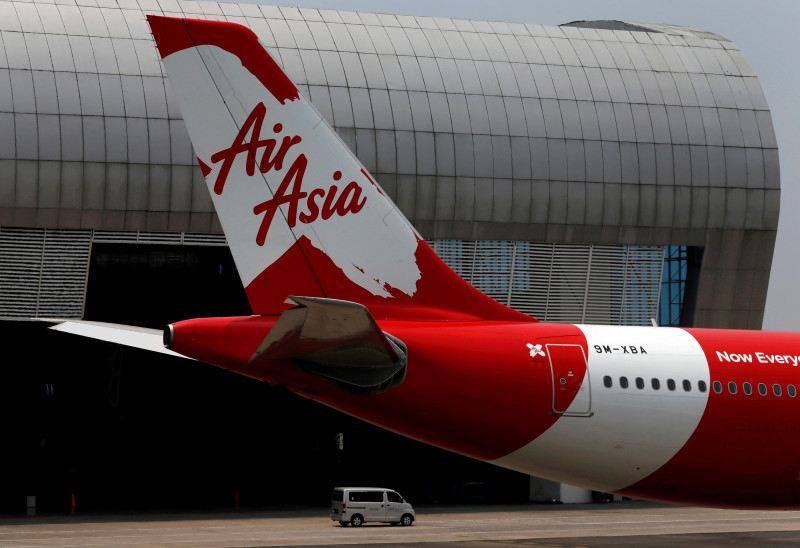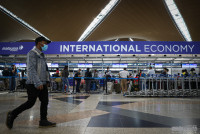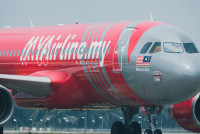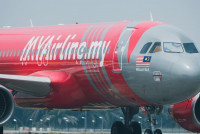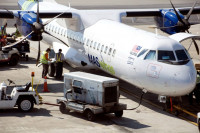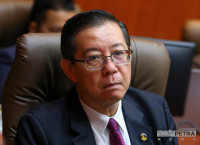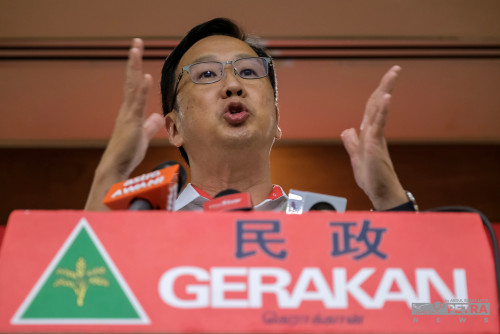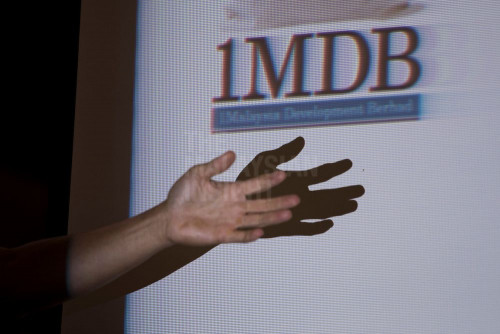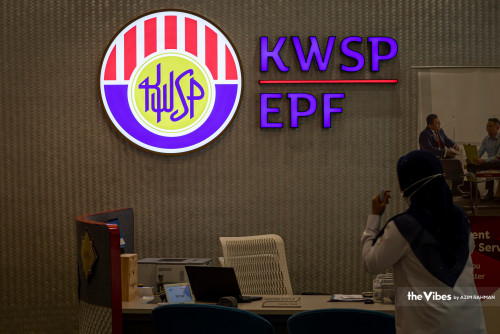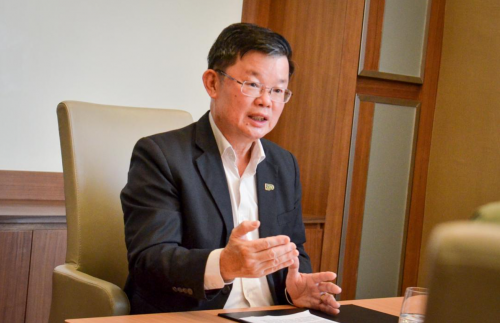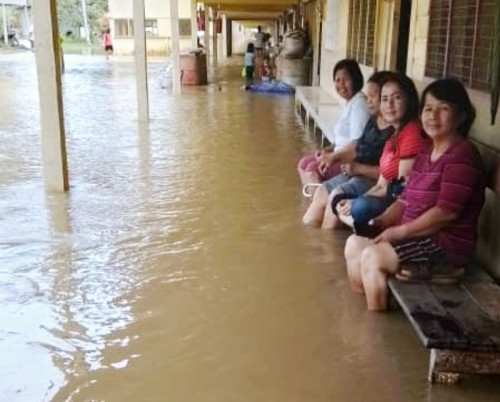
IF there is one thing that the Covid-19 pandemic has shown us, it is the flawed – and illegal – business model of allowing airlines to use payments for advance bookings, and not refunding customers when flights don’t take place.
This under-reported and under-highlighted issue came to the fore during AirAsia X’s (AAX) recent restructuring where amounts paid in advance for tickets and never returned were underhandedly classified as debts for the purpose of the restructuring scheme when they were advance payments for tickets.
Low cost turns high
That means customers who paid in advance for over RM500 million in tickets for AAX alone will only have 0.5% of the amount refunded. If you paid RM1,000 for a ticket you will get back only RM5 (effectively nothing, because minimum payment has to be RM50) under the scheme, a horrible travesty of consumer rights, especially when there are provisions in the law to stop such abuse. For RM500 million in advance ticket payments, AAX returns an astonishingly low RM2.5 million!
If AirAsia, AAX’s sister company’s tickets were included, reports say the amount is RM1.43 billion, which means the flying public was financing that much of money interest-free to AirAsia Group and there was the risk that practically all that money would be lost.
Include the advance bookings for other low-cost carriers and full-service carriers that offer terms similar to these low-cost carriers for some flight categories, and the total amount could come up to as much as RM3 billion or more.
The long-sleeping Malaysian Aviation Commission (Mavcom), which has the mandate to regulate economic and commercial matters relating to civil aviation in Malaysia, opened its eyes briefly to finally issue a letter to AAX to review the decision to classify the payments as creditor debt.
On November 11, it issued a letter to AAX where it “has clearly and unequivocally urged AAX to reassess its proposal to treat air travel consumers as creditors and to pay only 0.5% of the value of tickets purchased as announced on 18th October 2021”.
“Mavcom takes the view that air travel consumers ought not to be classified as ‘creditors’ as the air travel consumers did not, inter alia, sell any products, provide services or make loans to AAX, but instead have paid monies for the purchase of tickets in advance of their flights.
“Accordingly, Mavcom reiterates its position that AAX should reimburse air travel consumers for the tickets purchased. If AAX fails to reimburse the affected air travel consumers accordingly, Mavcom will not hesitate to exercise its powers under the Malaysian Aviation Commission Act 2015 (Act 771).”
It did not say what it would do, exactly.
Mavcom correctly pointed out that AAX has repeatedly, in its correspondence with Mavcom and in its statements made to the public, given the assurance that AAX is committed to reimburse air travel consumers who were not able to fly due to flight cancellations.
While major AirAsia and AAX shareholders have said they will make refunds, these have been slow and the process deliberately made tedious as pointed out in this article. Among others, the process entailed filling up “complicated” forms, and getting a statutory declaration from a commissioner of oaths, which was time-consuming and required customers to fork out more money.
Despite assuring refunds will be made, AAX made an about turn and has now undertaken to only pay 0.5% of ticket prices effectively. Worse, if AirAsia emulates AAX, a larger amount of consumer money will be at risk. And if this is the process that airlines generally adopt, consumers stand to lose billions.
The current action by Mavcom comes quite late in the day, and despite repeated protests from the flying public who have waited long for reimbursements for cancelled flights, nothing happened for a long time. This led to the highly immoral classification of passenger deposits as debt with only a 0.5% refund and Mavcom’s last-minute, rather late announcement.
The unsatisfactory circumstance arises from a situation where the low-cost model, subsequently adopted by full-service airlines, too, for some of their flights, was abused by using customers’ advance payments as interest-free loans to finance their rapid expansion.
As long as times were good this model worked, but no one, including Mavcom, thought of the consequences when bad times arose and the advances spent by the airlines could not be returned. The pandemic has given rise to exactly such a situation.
Such a practice may actually contravene the law as pointed out in this article by consumerist and former dean of the law faculty of Universiti Malaya, Prof Emeritus Datuk Sothi Rachagan.
He says in his article that cancellation of flights by the airline is covered in Schedule 1 of the Mavcom code on consumer protection. When there is a cancellation of a flight by the airline, the passenger shall be offered reimbursement, within 30 days, of the full cost of the ticket at the price at which it was bought, including taxes and fees.
It is now time for Mavcom to clearly lay down the law for old tickets and set new guidelines for fresh tickets so that consumers are not put at risk anymore. First, it should declare the total amounts outstanding for all airlines.
Then it should set clearly the process for refunds, which should just entail submitting a form online with details of the booking and providing bank account details for the full refund to be made, say within 30 days, as provided for in the code.
For all new ticket bookings, airlines must no longer be allowed to touch customers’ monies until after or at the time they commence their services, meanwhile keeping the money in a trust account. This will avoid customers from losing money when airlines go bust, as many of them are likely to in the new environment created by Covid-19.
These measures will immediately stop the continued misappropriation of advance customer payments by airlines for services rendered by airlines, and stop consumers from bearing the losses for risks and mismanagement of the airline companies. This is urgent and one hopes Mavcom is up to the task and is able to resist the strong lobbying by airline companies that is likely to ensure.
With the increased risk in the airline environment, it is very important that shareholders, and not customers of airlines, bear the brunt of the risk of operations. After all, customers get no return for bearing such risk.
So Mavcom, get down to the task for which you were assigned, without fear or favour. Remember why you were set up in the first place – to be fair to all participants, both service providers and consumers all the time and in every way. – The Vibes, November 16, 2021
P. Gunasegaram, like many of you out there, has a few thousand ringgit owed to him by low-cost airlines – and they are proving rather high-cost to him. He is chief executive of research and advocacy unit Sekhar Institute and senior editorial consultant of PETRA News, which publishes The Vibes



